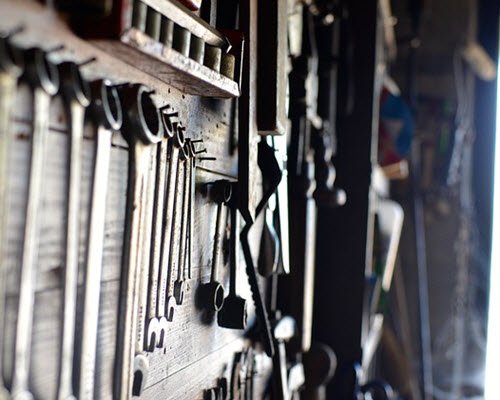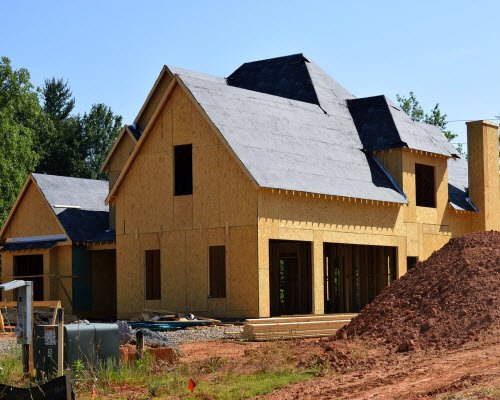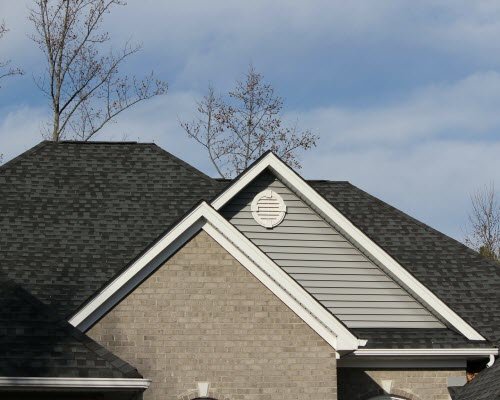Not all home inspectors are created equal. If only it were as easy as opening up the phone book and selecting the first inspector on the list. Unfortunately, not all inspectors come with the same skill sets or best intentions.
To save you a headache and disadvantage of hiring a bad inspector, here’s how to identify a great inspector.
They Want You Around During the Inspection.
Requesting you to be present during an inspection is a profound sign of your inspector’s honesty. They’re clearly not trying to hide anything and want you to feel confident in their work.
It also allows full clarity on what the inspection covers, saving you both time in follow-up questions. If you decide to opt out of being present or are too busy, simply having the option is an immense comfort.
They Offer Sample Reports and References.
During the vetting process, the inspector offers a wealth of information and reviews, relevant to their work. Whether on their website or sent directly from the inspector, a trusted recommendation holds extreme value and credibility.
They Refer You to Online Reviews of Their Services
The best inspectors will refer prospects to their online reviews. The most reputable sources for reviews are Angie’s List, Yelp and Google. Read through at least a handful of reviews to gain a well-rounded understanding of who you’re doing business with.
They Offer Clear Expectations of What They Include in Your Inspection
Before paying for your services, you should have a clear cut agreement and understanding of what they include in their inspection. Your inspector will likely have a standard list of inclusions, but you can always ask for additional services at an extra cost.
They Have a Professional Website
The quality of a website says so much about the quality of the business. If their website is messy, disorganized and “amateur” in appearance, you can assume the same goes for their way of doing business.
An important area to check out is their contact info; do they have an office address, company email and phone number? These are necessities and should be easily accessible for potential clients.
They Provide Quick and Reasonable Quotes
Once you’ve requested a quote, you shouldn’t have to wait days or weeks for a reply. If a quote seems unreasonable, shop around and see what the market has to offer. You don’t have to settle for an offer; you don’t feel comfortable with.
They Have a Detailed “About” Page
Transparency is key. If a company displays photos and bios of their inspectors and owners, you’re in good company. It helps to put a friendly face to the person inspecting your home and shows the company wants you to know, trust and like them.
They Don’t Mind Answering Your Questions (Even If You Have a Lot!)
A home inspection is a big deal! An inspector should never intimidate a client by scoffing at or being annoyed with their questions. If you get the impression, you’re somehow inconveniencing them with your inquiries, best to find a better alternative.
They Have Depth and Breadth of Experience
Check how long your inspection company has been in business and the experience behind their inspectors. An experienced professional can identify potential issues and respond to your inquiries much more knowledgeable than a beginner.
We’re confident EIG hits all the markings of a great inspection company. We’d love to prove it to you with your next inspection! Schedule yours today.





